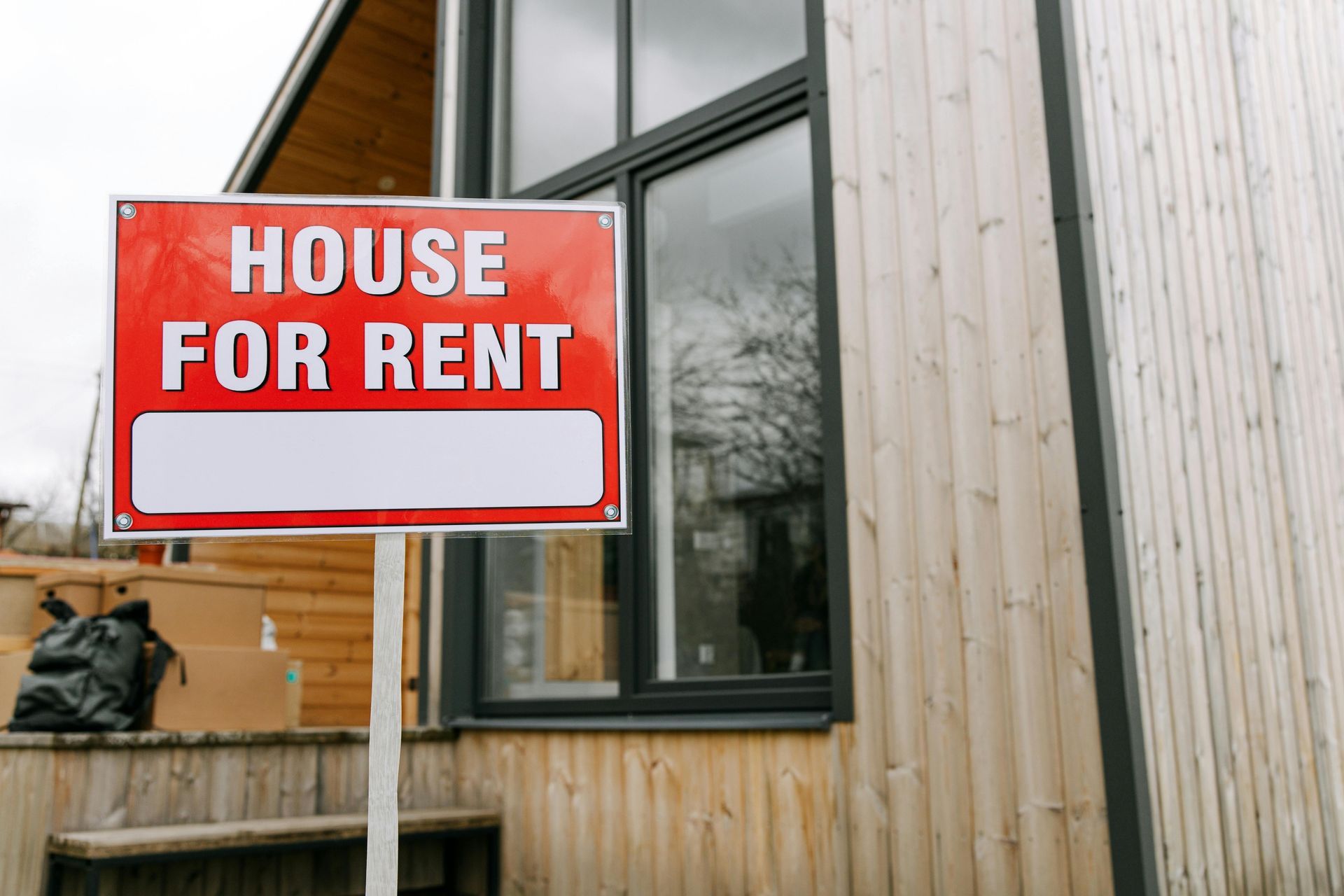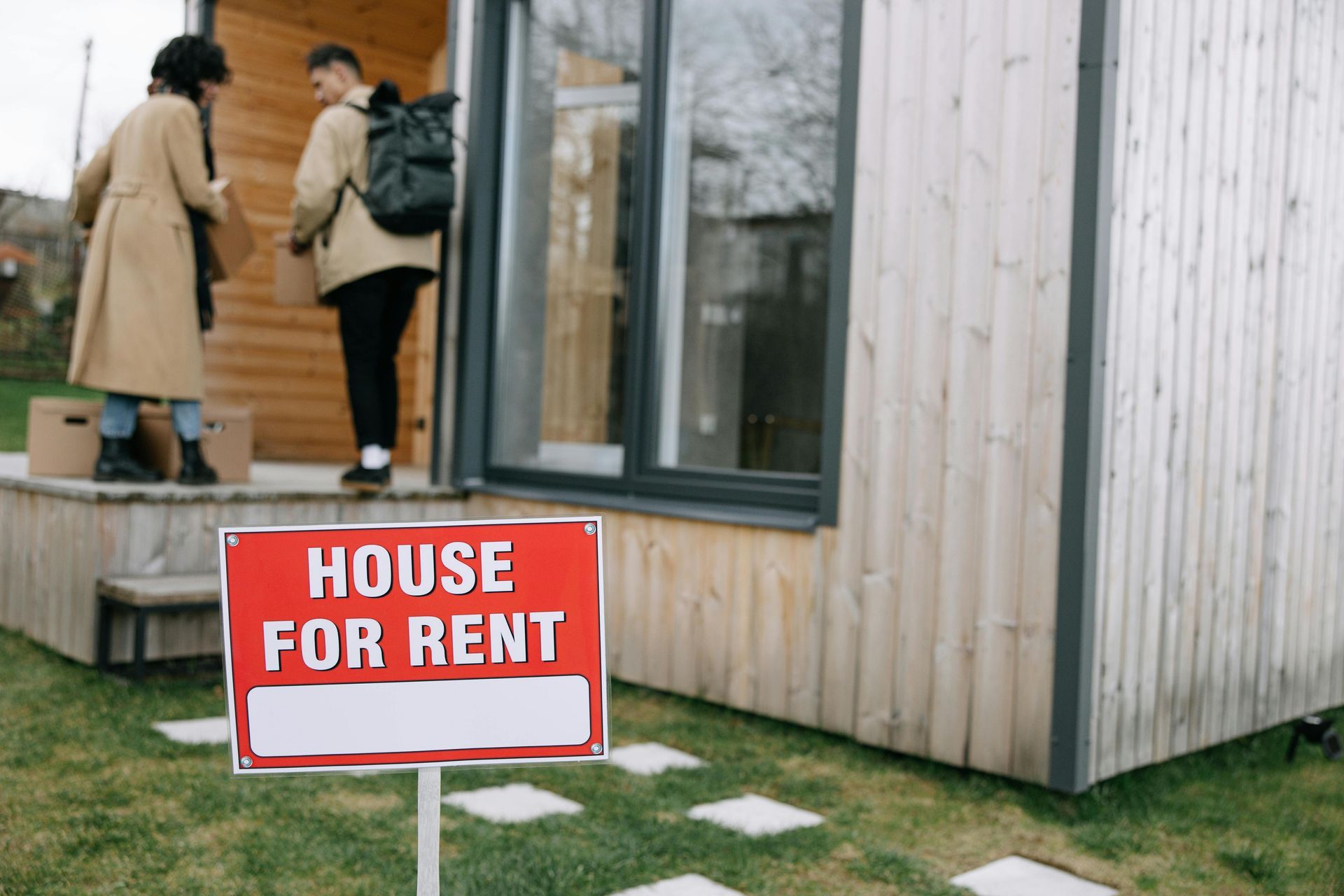When Should I Sell My House?
Victoria Furdui • September 23, 2023
Market Conditions

Pay attention to the local real estate market conditions. Factors like supply and demand, interest rates, and economic stability can impact the sale price and speed of your home's sale.
Timing

Think about the timing of your sale. Is there a particular season or market cycle when homes tend to sell better in your area? This can impact your selling price and how long your property stays on the market.
Future Plans

Consider your long-term plans. Do you see yourself living in your current location for the foreseeable future, or do you have plans to move to a different area or downsize?
Financial Implications

Understand the financial implications of selling, including potential capital gains tax, real estate agent commissions, closing costs, and moving expenses. Calculate the net proceeds you can expect from the sale.
Local Regulations

Familiarize yourself with any local regulations or laws that may impact your ability to sell your home, such as rent control ordinances or restrictions on short-term rentals.
Market Timing

Consider the state of the real estate market in your area. A seller's market, characterized by high demand and low inventory, may lead to higher sale prices. Conversely, a buyer's market may make it more challenging to sell quickly or at your desired price.
Alternative Housing

Have a plan for where you'll live after selling your home. Ensure you have a place to move to before listing your property if possible.

Winter is very much an active time in the real estate market, and many homeowners successfully sell during this season. Whether you’re planning to list soon or later in 2026, winter offers a valuable opportunity to focus on improvements that can strengthen your home’s appeal and help it stand out to serious buyers.

Winter break is the perfect time for families to slow down, spend time together, and make some cozy seasonal memories. Whether you’re looking for festive outings, outdoor adventures, or kid-friendly indoor activities, Guelph has plenty to offer while school is out. Here are some great family events and activities to enjoy during the holiday break!

Winter in Guelph has its own kind of magic. From twinkling lights and cozy markets to skating rinks and snow-covered trails, the city and nearby communities offer plenty of ways to make the most of the season. Whether you love outdoor adventures or prefer hot cocoa and festive lights, here are some great ways to embrace winter in and around Guelph!

Summer in Guelph is something special. The city comes alive with music, culture, food, and community spirit. Whether you’re a lifelong local or new to the area, there’s no shortage of ways to celebrate the season. From outdoor concerts and cultural festivals to pirate-themed adventures (yes, really), Guelph’s summer events offer something for everyone. Here’s a roundup of some of the top festivals and happenings to check out this season!

If you’re the kind of person who feels most at home surrounded by trees, trails, and the sounds of nature, Guelph just might be your perfect match. Known for its strong sense of community and beautiful green spaces, Guelph offers a variety of parks and trails that make it easy to get outside and reconnect with nature, right in the heart of the city! Here’s a guide to some of Guelph’s most beloved spots for nature lovers, complete with real examples and local tips.

Navigating the rental process in Ontario means understanding the official notices used by the Landlord and Tenant Board (LTB). These notices are the first step in resolving many issues between landlords and tenants — whether it’s about unpaid rent, needed repairs, ending a lease, or illegal activity. There are notices that landlords serve to tenants, and others that tenants can file to address issues like harassment, maintenance problems, or rent abatements. Each notice has a specific purpose, required timelines, and a process that must be followed. In this guide, we’ll break down the most common and important LTB notices. Whether you’re renting a home or managing one, understanding these forms is essential to protecting your rights and resolving disputes legally and efficiently!

Spring is one of the busiest seasons for house hunting, and Guelph’s real estate market is no exception. After months of cold weather, snow, and ice, homes can show signs of winter wear and tear—some visible, some hidden. Before making an offer, it’s important to know what to look for so you can avoid costly surprises down the road.




